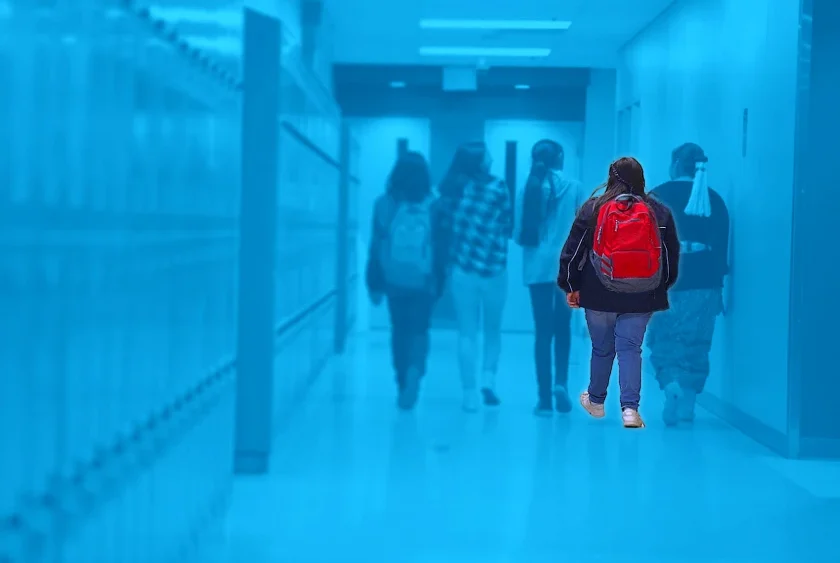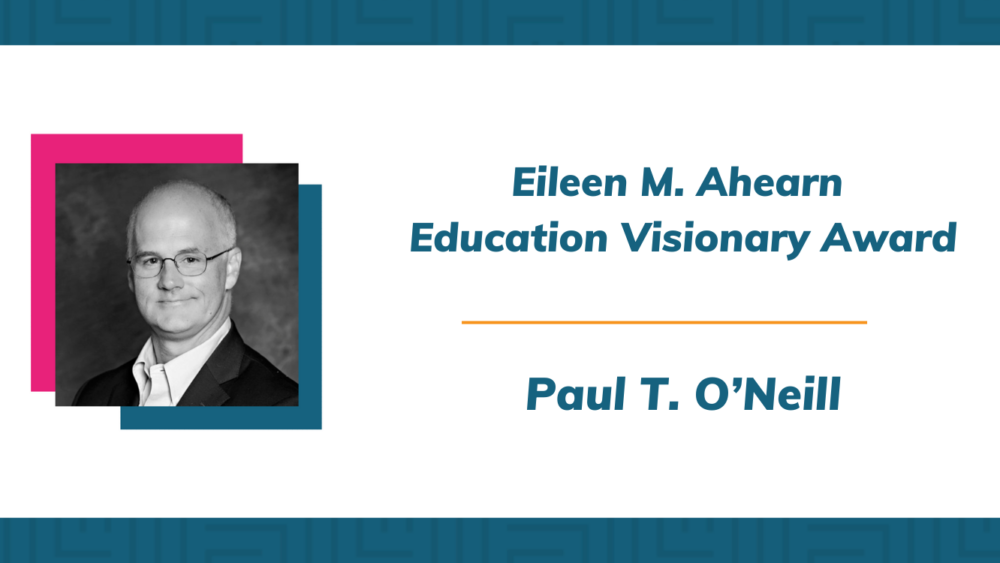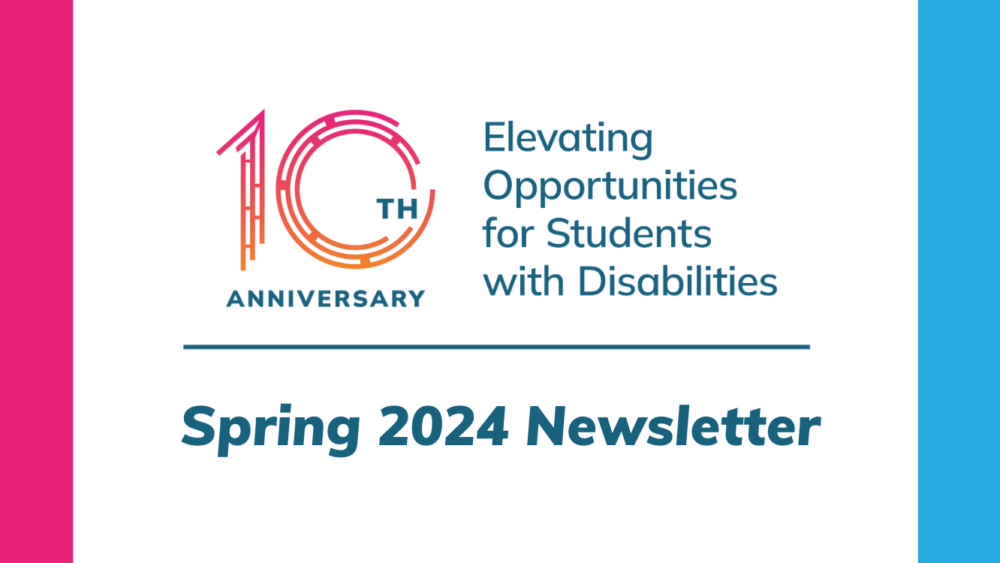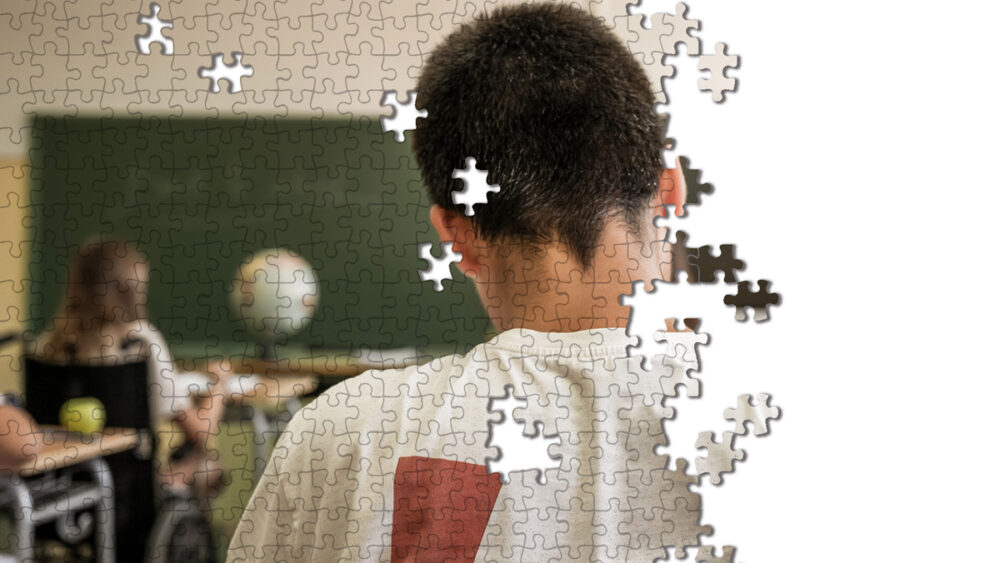“Parents of kids with disabilities are not interested in the argument of districts vs. charters; they just want good schools,” CLE Executive Director Lauren Morando Rhim said. “In our ideal world, their child could go to both schools, they are both good options, and [parents] know how to navigate those choices.”
The two-year research study reveals that education leaders and policymakers are not doing enough to ensure students with disabilities receive a high-quality education at charter schools and highlights how state policymakers, authorizers, nonprofits, charter management organizations, and individual schools can improve the educational experiences of students with disabilities.
CLE is proud to announce that Paul O’Neill, CLE’s co-founder and Senior Fellow Emeritus, is the recipient of the 2024 Eileen M. Ahearn Education Visionary Award. Paul’s contributions to special education and charter schools align seamlessly with Eileen’s vision and legacy.
Inclusive hiring isn’t just a trend; it’s a strategic imperative for any innovative and proactive organization today. It goes beyond compliance; it’s about recognizing the inherent value that inclusivity and diversity bring to an organization. It is committing to actively seeking out individuals from different backgrounds, experiences, and perspectives. Understanding Inclusive Hiring: At its core, inclusive hiring is about creating equitable opportunities for everyone, regardless of any seen or unseen characteristics. Inclusive hiring recognizes the systemic barriers in our society that may prevent certain groups from accessing employment opportunities. It is a daily commitment to fostering a workplace culture where everyone feels respected, valued, and empowered to contribute their best. Recruitment systems must be structured to combat the inequity that has been normalized within the human resource industry. At the Center for Learner Equity (CLE), we recognize the difference between equity and equality; anything short of belonging and justice is not enough. The Business Case: While our drive and desire to pursue equity because of value alignment is enough, a strong business case can also be made. Research has consistently shown that diverse teams outperform their industry peers in terms of innovation, problem-solving, and overall performance¹. When you bring together […]
Access our newsletter.
Join us in celebrating our 10th anniversary! As we reflect on our journey, we take pride in our commitment to breaking down barriers and expanding learning opportunities for students with disabilities.
With their increased autonomy and flexibility, charter schools can be a promising educational option for students with disabilities. However, during the inception of the charter movement, very few people were focused on ensuring that state charter school policies addressed the needs of students with disabilities.
This analysis by The 74 shows Minnesota could fill its vacancies three times over if it lured back special ed teachers from less-grueling regular ed classrooms. Wendy Tucker, CLE’s Senior Policy Fellow, is quoted in this article to help illustrate the challenges students with disabilities face every day.
Thanks to The 74 for including this article examining why our society is willing to accept failure for an entire group of students, which was co-authored by David Flink, co-founder and CEO of Eye to Eye, and CLE’s Lauren Morando Rhim.









